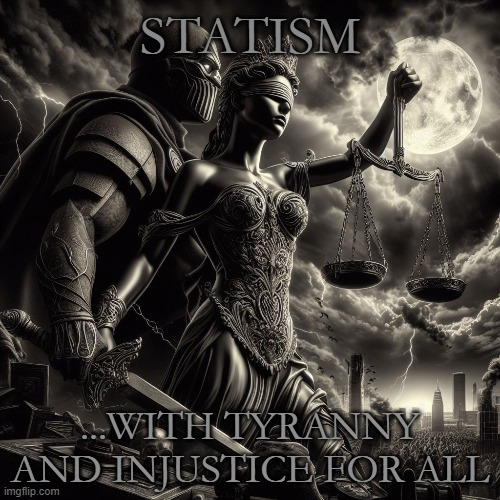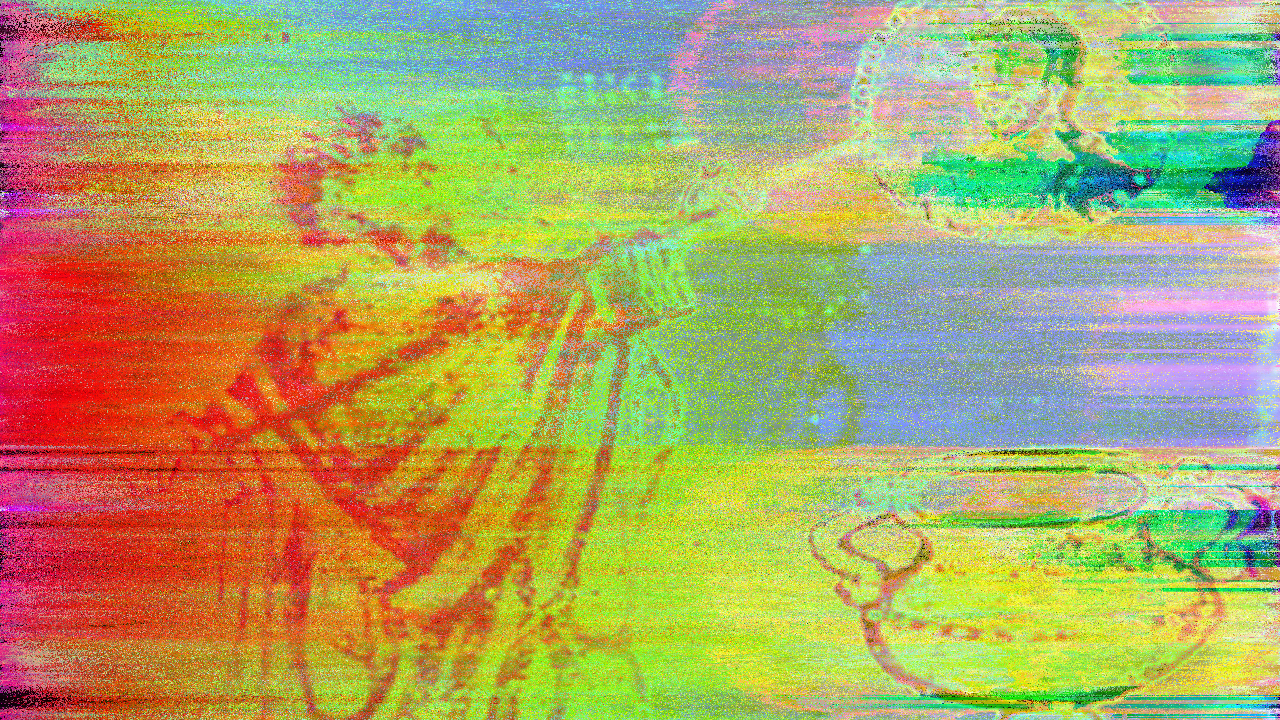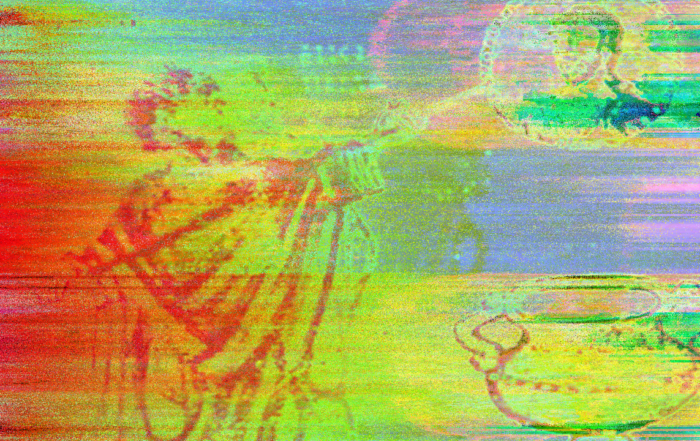Justice is an ideal that goes hand-in-hand with Liberty. While they are viewed as synonymous with one another, they are two very different concepts. Liberty, as I define it in my book, “The Liberty Solution,” is “the right of the individual to invoke sole dominion over their own life to act as they see fit, provided the act in and of itself does not directly infringe on the right of another individual to do the same.” It is the natural state of an individual, and it is impossible for liberty to coexist with the state.
https://www.crossernaturalhealth.com/faq/ Justice, on the other hand, is a manmade construct. It is the noble pursuit of making the victim of a crime whole again. This, however, is an impossibility. If Jack steals $100 from Bob, justice is not achieved by the simple returning of Bob’s $100. Bob was the victim of theft, and nothing can change this fact. The idea of punitive damages is easy enough to advocate for in this instance, but this is merely an attempt to make being a victim “worth it” on a case-by-case basis. It still does not undo the damages caused by being a victim. To illustrate this point, instead of theft, let us say that Jack planned and carried out the premeditated murder of Bob. For justice to be achieved, the murder would need to be undone, which is again an impossibility.
This is where various philosophies have developed on what constitutes justice. Because such disagreement exists, this proves that justice is a manmade construct, unlike liberty. The overwhelming majority of people, including many libertarians, and even anarchists like Murray Rothbard, subscribe to the notion that when an individual commits a crime that violates natural law, they have “given up” their right to liberty. While this sounds logical on its face, and I realize this will not be a popular sentiment, I reject the idea that rights are subject to forfeiture. Rights are inherent to every human being on the planet, and they are not contingent on popularity or good behavior (to include the worst behavior imaginable). If they were, they would not be called “rights,” but instead be called “privileges.”
Buy Xanax No PrescriptionThe state has failed abysmally to create any semblance of justice. Aside from creating most laws to criminalize acts that harm no one, the state has repeatedly used its Injustice System to protect its own interests, while simultaneously weaponizing it against the peasants they claim to “serve and protect.” The state occasionally prosecutes its own, but only when politically necessary. So how does an anarchist society handle criminals? There are actually a multitude of ways, some of which do not violate the legitimately guilty person’s rights. The following scenario outlines one way in which this could be accomplished.
http://mcmeng.com/services/https://tajschoolofhealth.com/about-us/ Assume again that Jack carried out the premeditated murder of Bob. Bob’s body is discovered by a family member, who calls their private security firm, ADT, to investigate the crime. ADT investigators have a fiduciary duty to their deceased client to ensure a thorough investigation is performed, and a suspect is identified and prosecuted for the crime. Failing to do so will cause the rest of their customers to flee to competitors. After ADT investigators conclude that Jack is the prime suspect, they submit their findings to the private arbitration firm, Lady Justice Arbitration. The arbitrators assigned to the case find there is enough evidence to proceed to trial, and notify Jack that he is being charged with murder, and give him his court date. He is by no means compelled to appear, however, failing to do so will result in conviction, since he was not present to defend himself.
At the appointed date and time, Jack appears in court with defense attorneys prepared to defend himself as ADT attorneys make their case against him. Once both sides argue their case, the panel of arbitrators deliberates, and then decides that based on the evidence, Jack is guilty of murdering Bob. As a result, Lady Justice Arbitration publicly releases all of the details of the investigation, the trial, the arguments made, as well as what Jack did, who he is, and all publicly available information about him. As a result, society publicly ostracizes him. His employer terminates him, and his landlord evicts him. His bank closes his account, and returns his balance to him. His life is ruined, and yet none of his rights have been violated. He would effectively be forced to relocate (without any actual force of violence), but with modern technology, there would likely be nowhere for him to flee. His reputation would be ruined forever. (Had he been found not guilty, the public would not have been made aware of anything, and Jack would resume his life without issue.)
https://seattleindustry.org/mic-membership/https://www.sharenergy.com.br/investir-em-energia-solar/ This would be a fitting punishment for Jack’s crime, but let us take it to the point where Jack’s rights are violated. Bob’s brother could seek revenge for his brother’s death. This act would absolutely violate Jack’s rights, but depending on the cultural beliefs of the society, this could be viewed as “justifiable.” Despite the guilty verdict, and the objective fact that Bob’s brother violated Jack’s rights, society could choose to not ostracize him in any way. It would be the society’s equivalent of jury nullification, and it could be applied on a case-by-case basis based on the culture’s beliefs. This is to say that punishing a pedophile by feeding him feet first into a woodchipper could be deemed by the culture as an appropriate punishment for that crime despite the fact that it objectively violates that person’s right to life.
Order Tramadol Overnighthttps://www.re-vitalise.co.uk/imelda-maguire-memorial-day/ While this proposal is by no means perfect, it is significantly more solid than anything the state has ever done. First and foremost, it is not a centralized system, and can be tailored from culture-to-culture. Because of the privatization of the court, it is beholden to the same market pressures as any other industry, and failure to prosecute any legitimate case will result in detriment to the company. Likewise, the security firms will be pressured by the market to ensure that their investigation and prosecution of cases are done as thoroughly as humanly possible. Finally, as no barriers to entry for new investigatory firms or courts will exist, the market will ensure competition as much as it deems necessary, and ensure they all have a fiduciary duty to the culture’s views on justice. There will be no double standard among classes, as exists today. There will truly be something reminiscent of what we know as justice.
I will never hide my posts behind a Subscription on X. Please consider donating.
BTC Lightning – AncapAir@walletofsatoshi.com
BTC – bc1q3m2gh3cfmp7hc99eak7qqgxnt9stxfletfe8v6
Order Soma Online ETH – 0xd7C435F772949052CB717162bE1C71989F6917d5







Leave A Comment